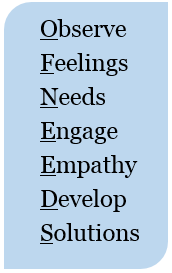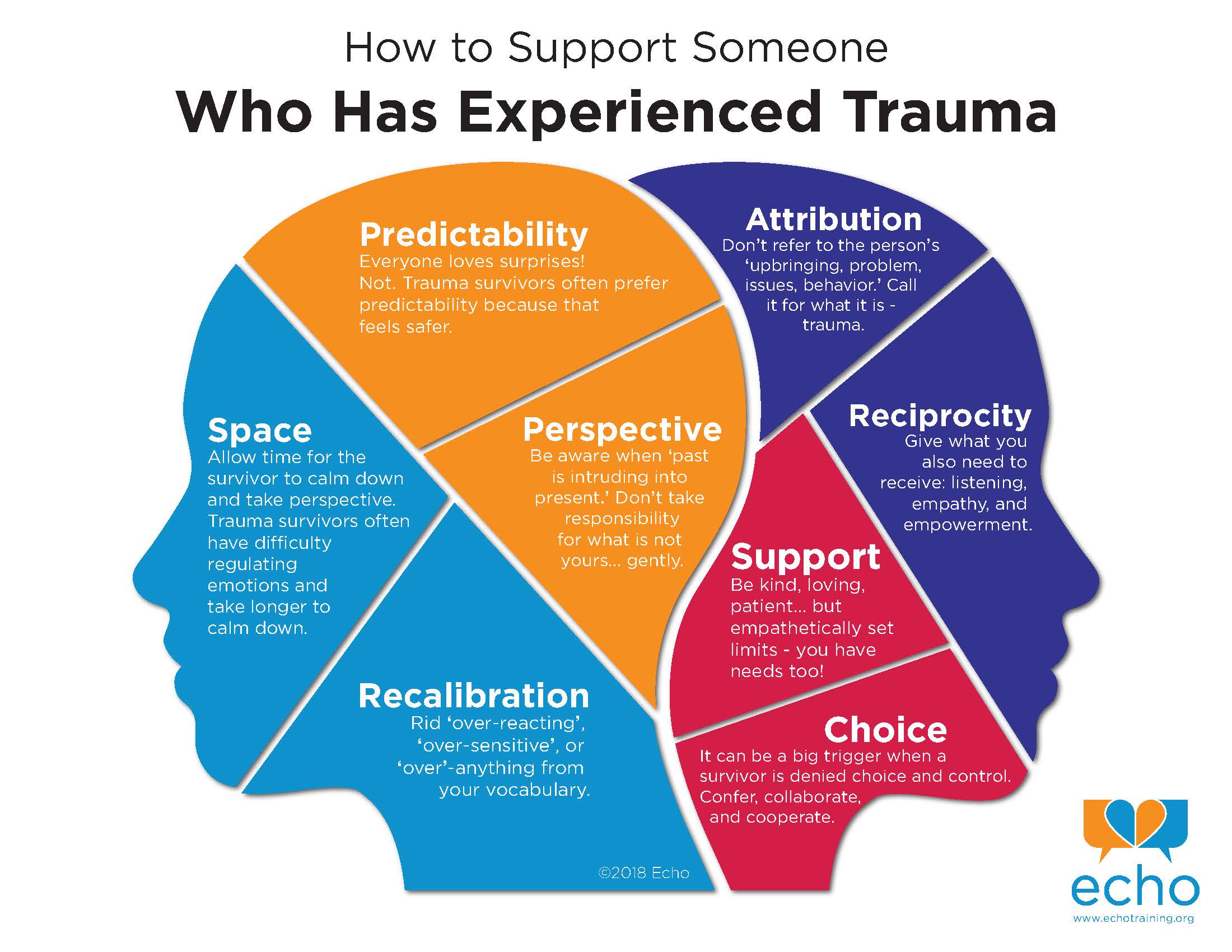by an Echo Parenting & Education parent
 As I dropped my son off outside of his second grade classroom one morning, his teacher came towards me, noticeably agitated. “I know you don’t punish “Sam” (name changed), but please, just this one time, I need you to make an exception and give him a punishment!” I was immediately flustered, mostly because his teacher was old school – dynamic and likable but with a presence that commanded respect from children and adults alike. I also felt slightly indignant: How dare she insist that I punish my child! Outwardly, I aimed for composure and curiosity. “What happened?” I asked, trying to keep steady, to maintain a balance between being a supportive parent and listening respectfully.
As I dropped my son off outside of his second grade classroom one morning, his teacher came towards me, noticeably agitated. “I know you don’t punish “Sam” (name changed), but please, just this one time, I need you to make an exception and give him a punishment!” I was immediately flustered, mostly because his teacher was old school – dynamic and likable but with a presence that commanded respect from children and adults alike. I also felt slightly indignant: How dare she insist that I punish my child! Outwardly, I aimed for composure and curiosity. “What happened?” I asked, trying to keep steady, to maintain a balance between being a supportive parent and listening respectfully.
She told me that after repeatedly asking him not to run in the classroom, my son seemed to forget her instructions. His most spirited and irrepressible self decided that morning to race around the classroom. As he was running, he accidentally tripped a classmate, causing him to fall and hurt his ankle. The boy was fine, a little bruise later but nothing too serious. I could tell, though, that this accident had my son’s teacher really concerned. We agreed to meet at the end of the school day.
 When I arrived home, I mentioned the incident to my husband. Telling the story helped me to pull out the important pieces because I knew that I wasn’t going to punish my son. Not only because doing so would go against what I practiced as a parent, but also, what good would it really do? And, (and this really is an “and” instead of a “but”), I did want to support his teacher by taking her concerns seriously. Later that day, I thought about the situation at work, which fortunately for me in these cases is at Echo. I happened to glance at the OFNEEDS tool and realized how it could be helpful, not just with my son but in talking with his teacher, as well.
When I arrived home, I mentioned the incident to my husband. Telling the story helped me to pull out the important pieces because I knew that I wasn’t going to punish my son. Not only because doing so would go against what I practiced as a parent, but also, what good would it really do? And, (and this really is an “and” instead of a “but”), I did want to support his teacher by taking her concerns seriously. Later that day, I thought about the situation at work, which fortunately for me in these cases is at Echo. I happened to glance at the OFNEEDS tool and realized how it could be helpful, not just with my son but in talking with his teacher, as well.
That afternoon, I walked into the classroom. The vibe felt a little tense. I think we were both dreading having the conversation. Each of us knew that the other had different ideas about how to handle this kind of situation. I let her start. I can’t remember exactly everything she said, but this is what I heard: she was scared that one of her kids, my son included, would get really hurt in her classroom. When she finished, I said to her, “I’m hearing that you have a real need for safety in your classroom, that you’re worried someone is going to get hurt.” Okay, I know that sounds a little scripted but I really did say it and you know what, the moment I did, I saw her whole body relax.
When it felt like my turn to present my perspective, I explained why giving my son a punishment didn’t make sense to me and how taking away a privilege wouldn’t make sense to him either. It wouldn’t give him any information about safety or consideration for others. What could taking away Friday night’s video possibly have to do with running and accidentally tripping someone? How would losing that privilege help him understand that part of his responsibility of participating in a community, in this case the classroom, was to keep from doing things that could possibly hurt others? She listened to me and we began to have a very different kind of conversation than maybe either of us anticipated.
We went back and forth a little about the incident and talked about how seven year olds can have a tremendous amount of physical energy, which can be, for some, very entertaining but for others, terrifying. What we both wanted was to figure out how to help Sam understand the need for safety in the classroom. We came up with a solution. I would help Sam write a letter to his classmate. Sam was reluctant at first, but after talking about it and taking a few breaks in between, he sat down and wrote a sincere apology. He also explained what his feeling was at the time – his excitement about an upcoming project in the classroom – an attempt, I think, to have his friend also understand him. In the end, that seems to be what most of us want – to be heard, to be understood.
1 Comment
-
Thank you for this article.
Your willingness to consider the teacher’s needs (and fears) at the same time as you steadfastly protected your son from unreasonable, pointless punishment is a wonderful lesson. And your solution, including your son’s explanation of his feelings at the time of the incident — just right!



